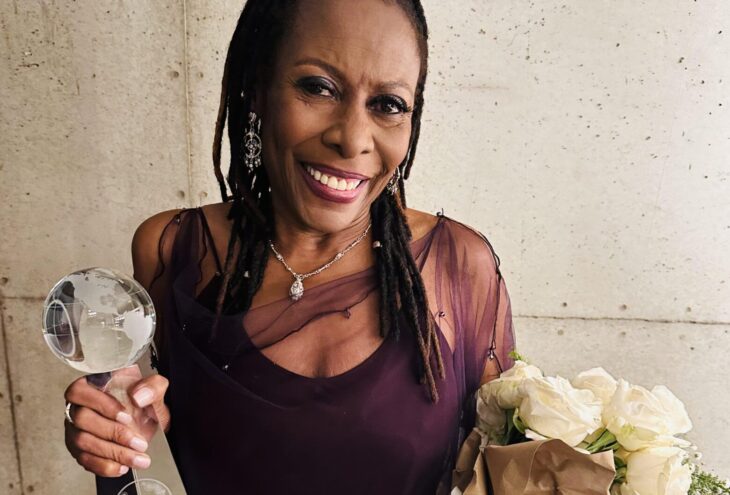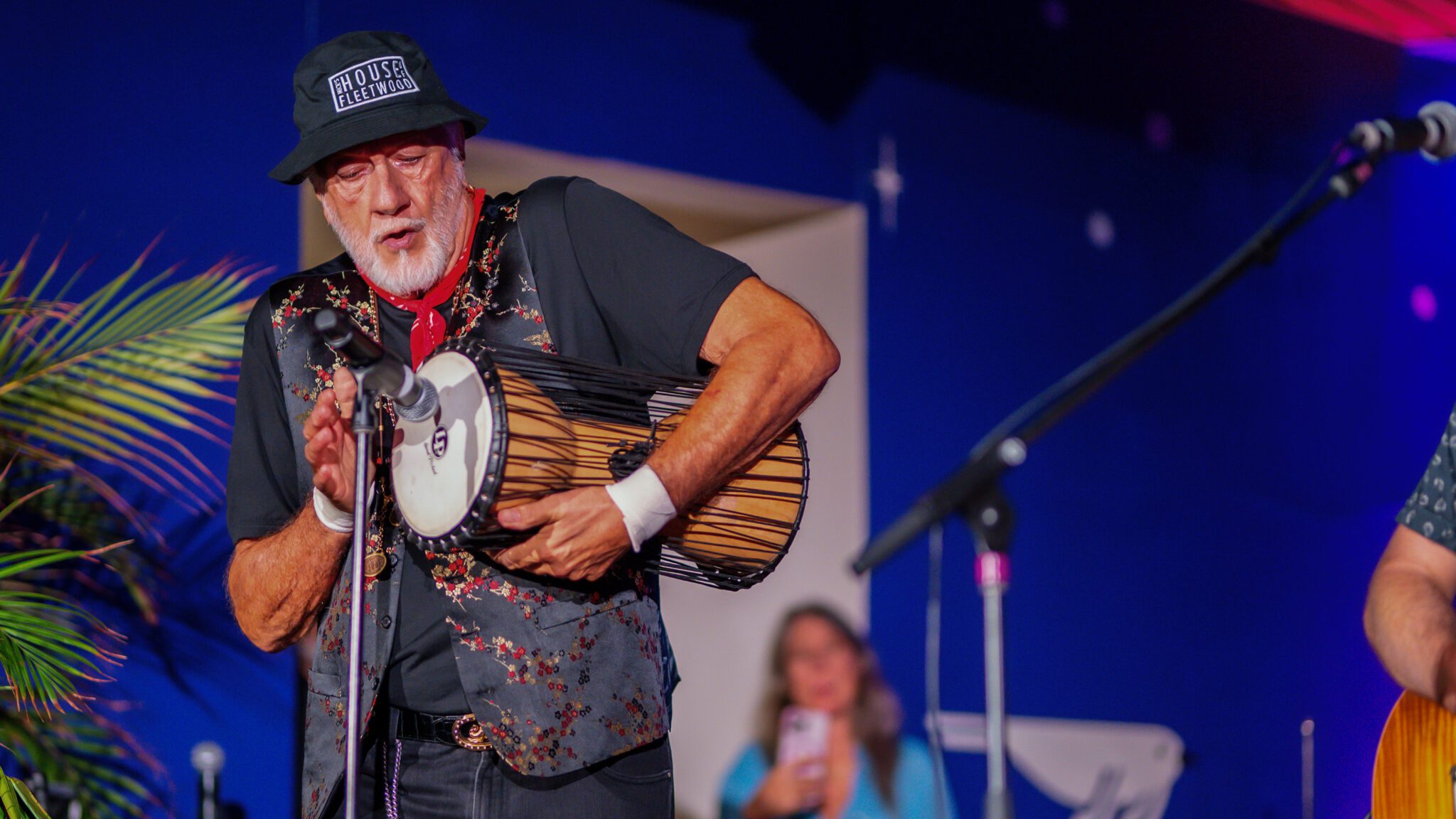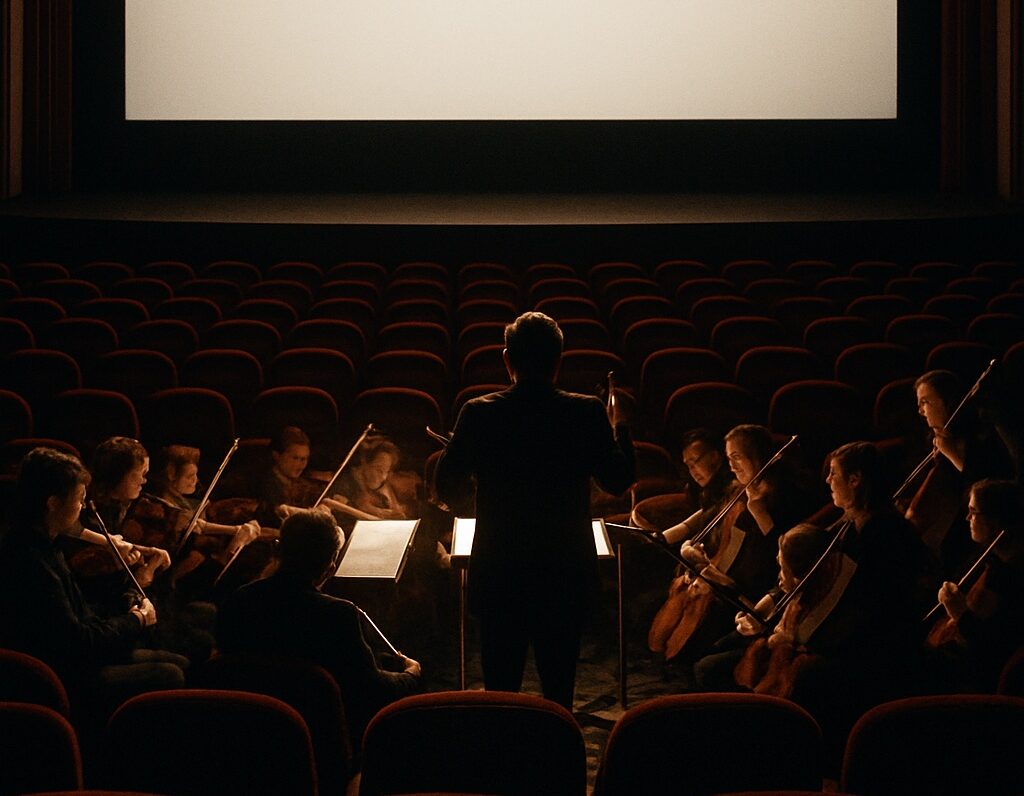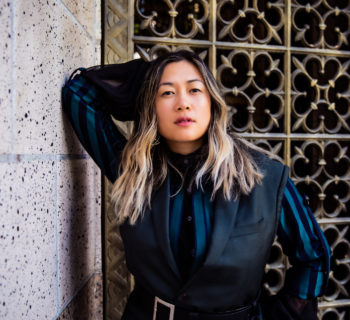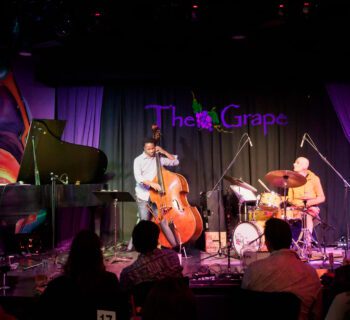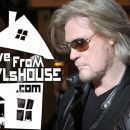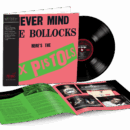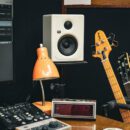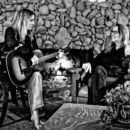By Brenda Russell
Before I share my story about how I became a working songwriter, it’s important right off the bat to encourage the new songwriters out there, folks trying to express themselves through music as I’ve always done, that the most important thing is to be true to yourself. That’s Tip No. 1, because the personal experiences you’ve had and choose to write about are likely similar to those of the listeners whose ears and emotions you want to capture. The purest place you can come from is your heart.
My No. 2 tip is to listen closely to people around you because you never know when they’ll say something amazing that can spark a title or a concept for a song. Likewise, be more aware of incredible things that you may say, without even thinking about it. That’s happened to me. One time in conversation with a friend, I blurted out that I would love to have dinner with Gershwin— and the song I wrote about it, “Dinner with Gershwin,” became a Top 10 R&B hit for Donna Summer!
I suppose you could say music was in my blood. My dad Gus Gordon was a great singer who performed with the classic vocal group The Inkspots, and my mom was a singer/songwriter and a very good teacher. They played all kinds of music, mostly Black music, and I went nuts when my dad played “April in Paris” by the Count Basie Orchestra when I was nine. I made him play it over and over again. When I watched those old Jerry Lewis and Dean Martin movies, I loved when Jerry would pretend to conduct a band, and I imagined myself someday conducting a real one! I began hearing music in my head at eight or nine and remember writing my first song with an Italian girl from my Brooklyn neighborhood around age 13 before I moved to Canada. We called ourselves Salt and Pepper, like the future hip-hop duo. I didn’t get serious about songwriting till much later, though.
When I was 19, I joined the Toronto cast of the musical HAIR. I started playing the white grand piano that was in the theatre. I wrote my first song called “Jump Down, Turn Around” and I started crying my eyes out and got depressed because I didn’t know what I was doing. I had never had a singing or piano lesson. When the owner of the theater heard about me playing his “white grand piano,” he had it locked because he didn’t want “no dirty hippies” playing his piano! When the musical director of HAIR found out, he got me my first piano.
I met my future husband Brian Russell at an audition for an eight-piece vocal group called Dr. Music and we were both invited to join. The ensemble was asked to perform weekly on a national CBC TV POP music show. We also had a national weekly Gospel Radio show. The head of the show asked me if I could write a new gospel song every week, which I did. Having a deadline like that helped me learn the discipline of writing very quickly. I started writing about anything I could feel—and realized that the only way to be successful as a songwriter, even if you’re being assigned to do it, was to be original.
So my No. 3 tip would be: Never copy anyone. If you have the inclination to write, you have the inclination to be original. Of course, you’re going to be influenced and inspired by great songwriters you grew up with, the way I did with Motown’s Holland-Dozier-Holland and Lennon-McCartney. In general, everything my generation grew up listening to had strong structure and hooks. The Beatles were the first ones who started letting go of structure and taught all songwriters how to be free.
My career accelerated quickly when Elton John signed me and Brian to his label Rocket Records. We wrote romantic songs because everyone was doing it, but we always tried to be unique. As my songwriting developed, it became clear that I loved (and still love!) to inspire people, so I mostly write about things that are positive. Whether it’s about falling in love or out of love, I may make you cry, but I will always tell a great story.
In general, and this could be Tip No. 4, I would say that if you don’t love songwriting, don’t do it. But if you feel you have the gift and can’t do anything else with your creativity, that’s when you’ve got to go for it. Self-reflection is important. Passion is the key word. Now, if it’s just your mother saying that’s a great song you wrote, take that with a grain of salt. You need others to tell you that as well from an objective standpoint. If more than one person says they like what you write, that’s when you keep going.
Tip No. 5: One of the best things you can do for your audience is to be honest and truthful about your heart. People love that. It’s what they want and need from the music they listen to. If you have that desire, you will draw the music and people to you as you move along your path.
I remember being so fearless about what I wanted to do, but that doesn’t mean I didn’t have moments of self-doubt. Elton once hired me, Brian and Donny Gerrard to sing backup on one of his European tours. We flew to Amsterdam and went to the rehearsal in this huge, empty stadium. Elton sat at his piano and played and sang very theatrically, as if there were thousands of people there. He was giving 150 percent even in rehearsal! Brian, Donny and I looked at each other like, how could we ever be stars when we’re competing with that? But Elton helped us realize just what it would take to be successful.
Final tips: Don’t get discouraged if you experience writer’s block, or if a song you write that you love is initially turned down by those who can make things happen for you. My recent single “What Will It Take” is perfect for the world right now but when I wrote the original version in the ‘90s, I gave the demo it to my publisher who didn’t “hear it” nor feel it had potential at all. I was sad about it, but I filed it away and hoped one day it would see the light. A few years ago, when I began talking about recording a new album, my assistant suggested I revisit some of my older songs that I had never recorded. When I listened to “What Will It Take,” I knew immediately I had to record it. I called my co-producer Stephan Oberhoff and we brought it back to life better than I could have imagined it.
About Brenda Russell:
In 1979, Brenda released her self-titled debut album on A&M Records, which rose to No. 20 on the Billboard Top R&B/Hip-Hop Albums chart. The track “So Good So Right” reached No. 8 on the Billboard Adult Contemporary Songs chart and No. 30 on the Hot 100. As a songwriter, her credits include Luther Vandross (“If Only for One Night”), Donna Summer, Earth, Wind & Fire, Diana Ross, Phil Perry, Chaka Khan, Sting, Tina Turner, Patti LaBelle, Patti Austin, Ivan Lins, Ariana Grande. Mary J. Blige and Joe Cocker.
Brenda’s breakthrough trademark hit “Piano in the Dark” charted on the Billboard Hot 100’s Top 10, and earned GRAMMY nominations for Song of the Year and Best Pop Performance by a Duo or Group with Vocals. Her album Get Here was also nominated for Best Pop Vocal Performance, Female in 1991, the same year Oleta Adams cover of Brenda’s song “Get Here” became a massive global hit, reaching No. 5 in the U.S. and No. 4 in the U.K.
Brenda co-wrote with Stephen Bray and the late Allee Willis the hit Broadway musical The Color Purple, produced by Oprah Winfrey, Steven Spielberg and Quincy Jones, which opened in 2005. The Color Purple Revival on Broadway in 2015 earned a GRAMMY Award for Best Musical Theater Album and won the Tony Award for Best Revival of a Musical.
Brenda’s upcoming album, her ninth overall, is called Songpainter.

